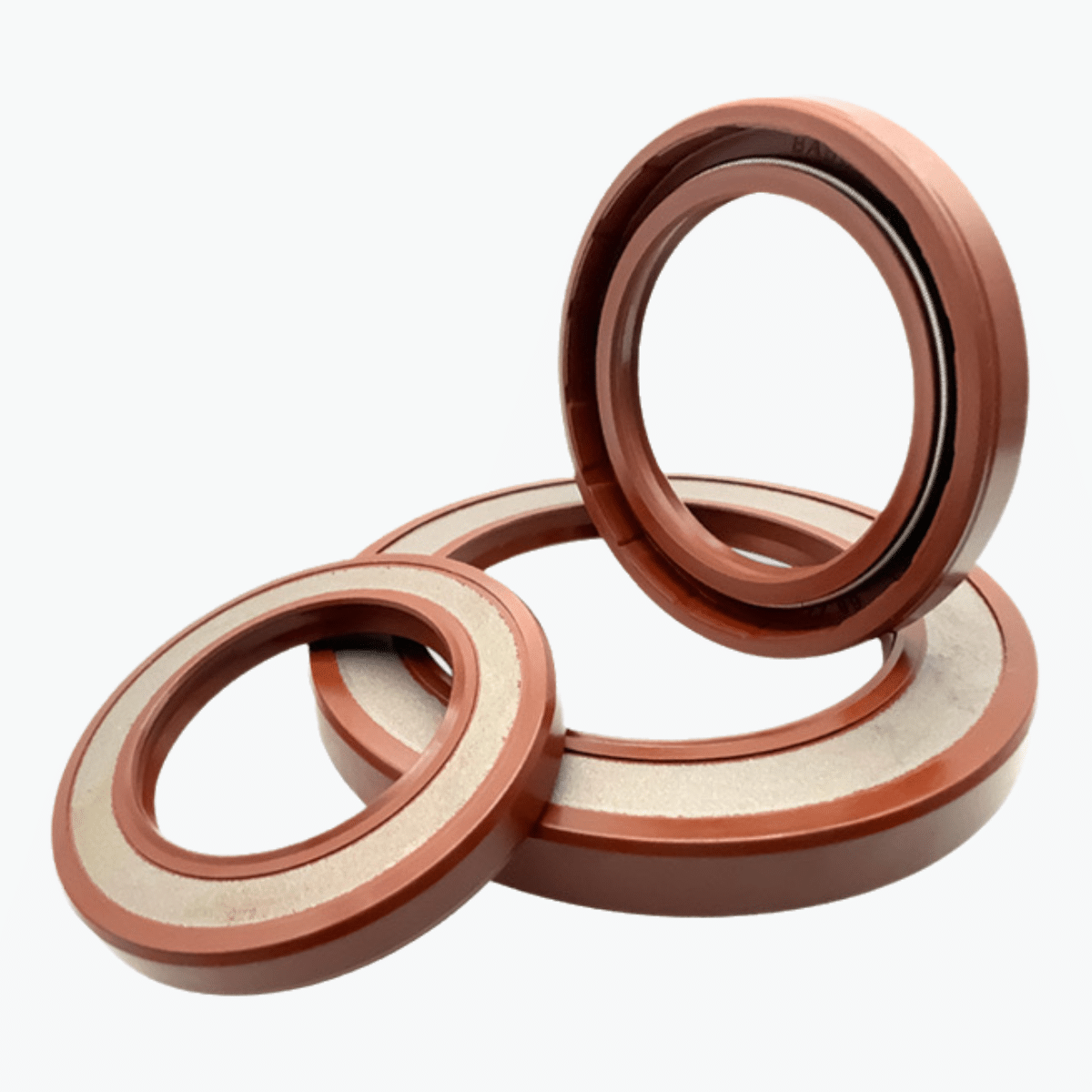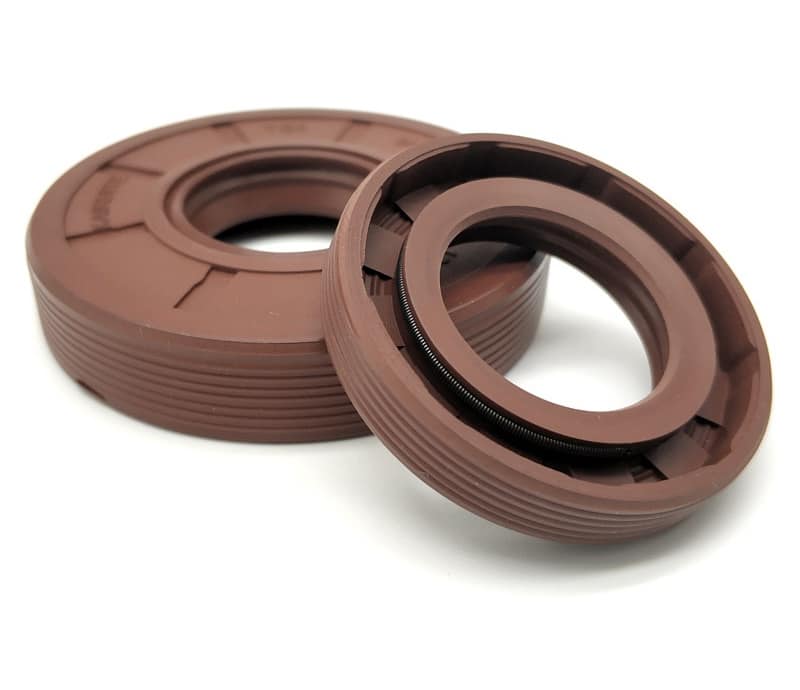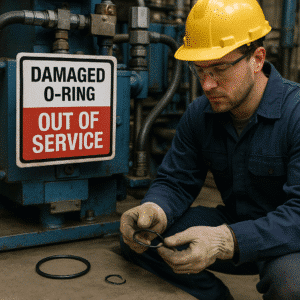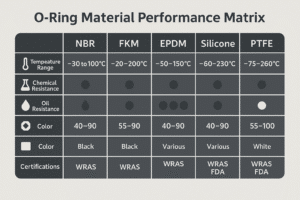Standard oil seals may work for common machinery, but what happens when your equipment demands something different? Are you facing unusual shaft sizes, extreme conditions, or custom designs?
Custom size oil seals provide tailored solutions for specialized applications, ensuring perfect fit, superior performance, and extended service life.

Choosing the right oil seal is critical to preventing leaks and mechanical failures. In this guide, I’ll explain when and why custom size oil seals are necessary, and how to source them smartly.
When should you consider using custom size oil seals?
Not every application fits standard specifications. Sometimes, your equipment's unique design or extreme operating conditions require a specially engineered seal.
You should consider custom size oil seals when shaft or bore dimensions are non-standard, tolerances are critical, or operating environments are extreme.

In cases like high-speed motors or heavy-duty hydraulic pumps, selecting custom rubber seal solutions guarantees proper sealing where off-the-shelf products fail.
What are the benefits of custom size oil seals?
Many buyers hesitate to order custom parts, fearing higher costs or longer lead times. But is sticking to standard seals costing you more in failures?
Custom seals ensure better fit, enhanced reliability, and optimized performance for specific applications, often reducing maintenance costs and downtime.

By working directly with a specialized supplier, you can access hydraulic seal kits customized by size that perfectly match your machinery’s demands.
How are custom size oil seals manufactured?
You might wonder—does creating a custom seal involve complicated processes or huge minimum orders?
Custom oil seals are typically manufactured through tailored molding, machining, or splicing, depending on volume, material, and application needs.

For example, with options like O-Ring maker kits, rapid prototyping and small-batch production become cost-effective, even for highly specific requirements.
What factors should you specify when ordering custom oil seals?
Ordering custom size seals is easier when you know what to provide. Clear communication speeds up production and ensures accuracy.
Key factors include shaft diameter, bore diameter, seal width, material selection, lip design, operating temperature, pressure, and media compatibility.

A well-prepared technical drawing or even a sample can help suppliers like Hengoseal produce precise joints d'huile de haute qualité tailored to your specific machinery.
Where is the best place to source reliable custom size oil seals?
With so many suppliers, how do you ensure quality, fair pricing, and fast delivery?
Look for manufacturers offering flexible MOQs, strict quality control, proven export experience, and technical customization support.
Hengoseal specializes in small-batch customization with fast, flexible sealing solutions for global procurement, helping clients worldwide secure dependable custom seals without stress.
Conclusion
Custom size oil seals are essential for applications where standard parts simply won’t perform. By choosing the right supplier and specifying your needs clearly, you gain a perfect-fit solution that protects your equipment and improves operational efficiency.
Need custom oil seals tailored to your exact specifications?
Get in touch with Hengoseal today! We provide high-quality, customizable sealing solutions at competitive prices.
Courriel : [email protected]
WhatsApp : +86 17622979498
Related topic
- Custom Size O-Rings: Tailored Sealing Solutions for Any Equipment
- O-Ring Assortment Kit: Everything You Need to Know for the Perfect Seal
- Buy O-Ring Kits in Small MOQ: Where to Find Reliable Supply?
- O-Ring Buying Guide: How to Choose the Perfect Seal for Your Needs


